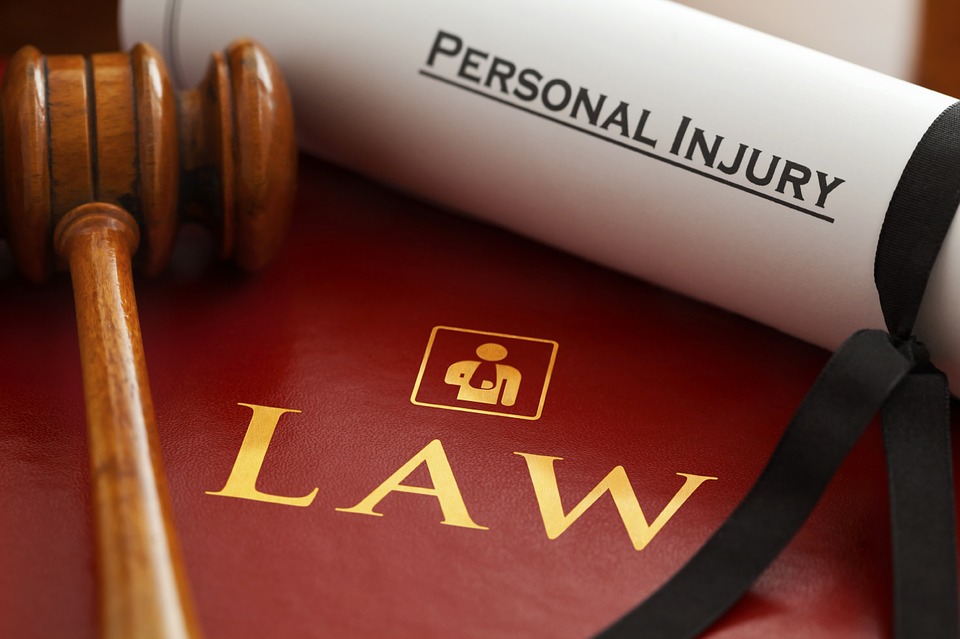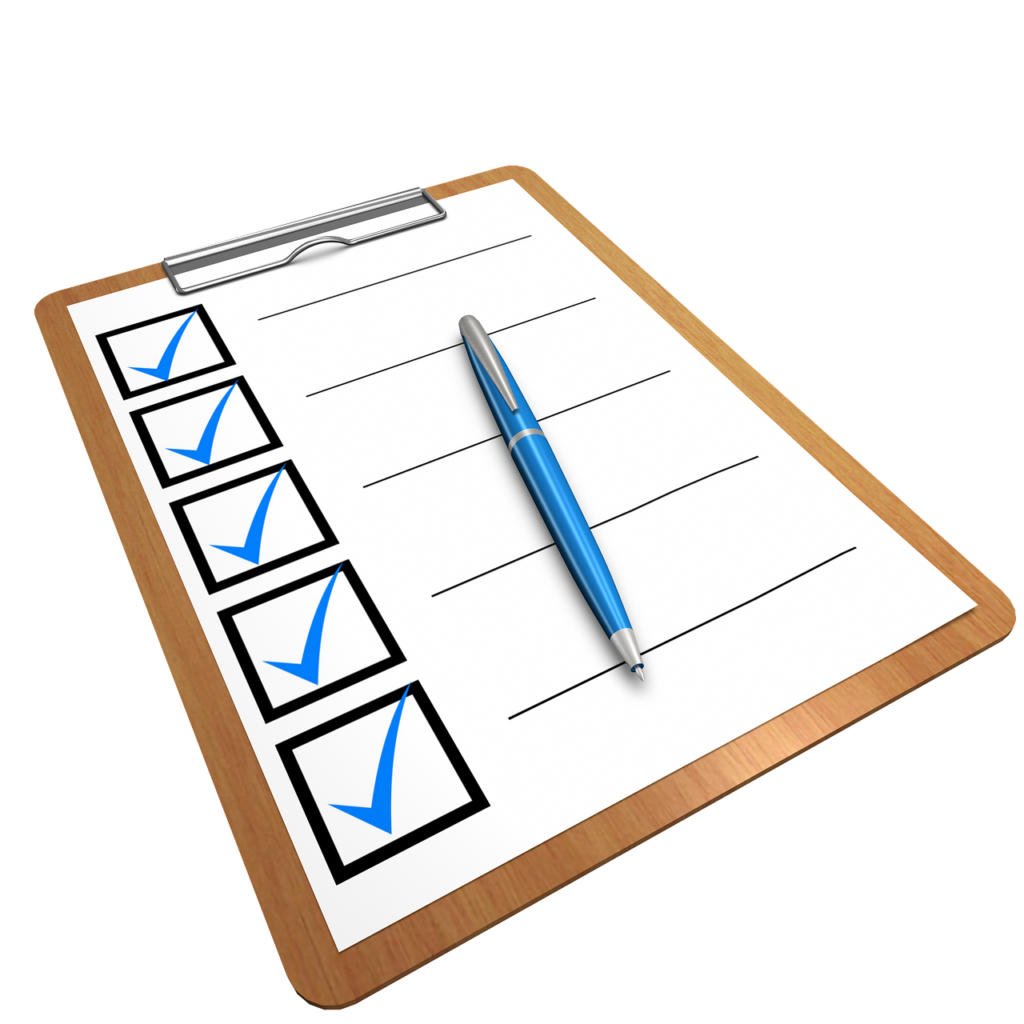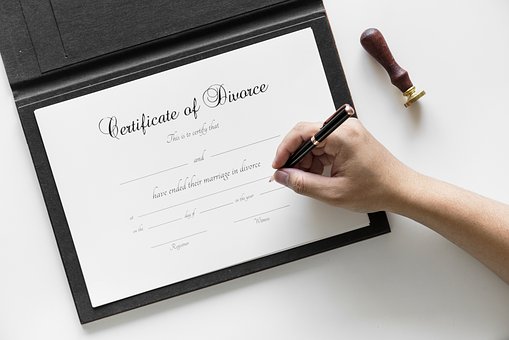How Plea Bargains Work: The Role of a Criminal Lawyer in Negotiating Deals
Facing criminal charges can be overwhelming, and many cases never go to trial because they are resolved through plea bargains. Criminal lawyers, including those from the best Brisbanes criminal law firm, play a crucial role in negotiating these deals to ensure the best possible outcome for their clients. Understanding how plea bargains work and the role of a defense attorney can help defendants make informed decisions about their legal options.
What Is a Plea Bargain?
This may result in a lighter sentence, the dropping of specific charges, or a lesser offense on the defendant’s record. Plea bargains benefit both the defendant and the justice system by reducing the time and costs associated with a trial, while still upholding justice. However, accepting a plea deal involves waiving the right to a trial, so it is important to carefully consider this decision with the assistance of a skilled criminal lawyer.
Why Are Plea Bargains Offered?

Prosecutors offer plea bargains for several reasons. Courts often have heavy caseloads, and trials can be time-consuming and costly. A plea deal allows prosecutors to resolve cases efficiently while still securing a conviction. Additionally, if the prosecution believes that their case has weaknesses or that a jury may not convict, they may prefer to negotiate rather than risk losing in court. For defendants, plea bargains can provide an opportunity to avoid harsher penalties and move forward with their lives more quickly.
How Criminal Lawyers Negotiate Plea Deals
Criminal defense lawyers are skilled negotiators who work to secure the most favorable plea deal for their clients. They analyze the strengths and weaknesses of the case, review the evidence, and identify any legal issues that could benefit their client. By presenting mitigating factors such as a lack of prior offenses, cooperation with authorities, or extenuating personal circumstances they can argue for a lighter sentence or reduced charges. Lawyers also ensure that their clients fully understand the terms of the plea deal before making any commitments.
Types of Plea Bargains
There are different types of plea bargains, each with varying benefits for the defendant. Charge bargaining involves pleading guilty to a less serious offense than the one originally charged. Sentence bargaining results in a lighter sentence in exchange for a guilty plea. Fact bargaining, though less common, involves the prosecution agreeing to omit certain facts from the case to reduce the severity of the charge. Each type of plea deal has its pros and cons, and a defense lawyer helps determine the best approach for the client’s specific situation.
The Risks and Benefits of Accepting a Plea Deal

While plea bargains can offer advantages, they also come with risks. On the positive side, they provide certainty, often leading to a less severe punishment and a quicker resolution than a trial. However, by accepting a plea deal, a defendant gives up the right to a trial, which could have resulted in an acquittal if the prosecution’s case was weak. Criminal lawyers help their clients weigh these factors carefully, ensuring they make the best choice based on the circumstances of the case.
When to Accept or Reject a Plea Bargain
Deciding whether to accept a plea bargain depends on multiple factors, including the power of the prosecution’s proof, the potential penalties if convicted at trial, and the personal circumstances of the defendant. A good criminal lawyer provides honest advice, helping clients determine if the deal is truly in their best interest. If the plea offer is unfair or the defense believes they have a strong chance of winning at trial, they may recommend rejecting the deal and fighting the charges in court.
Throughout the plea bargaining process, criminal lawyers act as advocates for their clients, ensuring they are not pressured into accepting an unfair deal. They challenge any violations of due process, negotiate aggressively on behalf of their clients, and provide clear legal guidance every step of the way. Their goal is to secure the best possible outcome while protecting the rights and interests of the accused.…



 Seeking legal guidance is crucial when dealing with a personal injury lawsuit. An experienced attorney can provide valuable insight into your case and help you understand your rights. They can assess the details of your situation, determine liability, and outline the best course of action to pursue compensation for your injuries. When selecting an attorney, consider their expertise in personal injury law and their track record of success in similar cases. A skilled lawyer will guide you through the legal process, handle negotiations with insurance companies, and represent your interests in court if necessary.
Seeking legal guidance is crucial when dealing with a personal injury lawsuit. An experienced attorney can provide valuable insight into your case and help you understand your rights. They can assess the details of your situation, determine liability, and outline the best course of action to pursue compensation for your injuries. When selecting an attorney, consider their expertise in personal injury law and their track record of success in similar cases. A skilled lawyer will guide you through the legal process, handle negotiations with insurance companies, and represent your interests in court if necessary. When handling a personal injury
When handling a personal injury 
 Marriage and divorce are popularly known two sides of the same coin in family law. While marriage is a joyous occasion; unfortunately, not all unions stand the test of time. When couples decide to part ways, legal processes come into play to ensure a fair and amicable separation. Divorce cases involve various aspects such as division of assets, spousal support, and child custody arrangements. Family law attorneys help navigate these complex matters, advocating for their client’s best interests. One important aspect of divorce proceedings is the determination of property division.
Marriage and divorce are popularly known two sides of the same coin in family law. While marriage is a joyous occasion; unfortunately, not all unions stand the test of time. When couples decide to part ways, legal processes come into play to ensure a fair and amicable separation. Divorce cases involve various aspects such as division of assets, spousal support, and child custody arrangements. Family law attorneys help navigate these complex matters, advocating for their client’s best interests. One important aspect of divorce proceedings is the determination of property division. When it comes to family
When it comes to family 
 The first advantage is that lawyers also have resources you may not have access to. They have connections with experts and witnesses who can help your case, and they also have access to important research materials. With these resources, you can be sure that your lawyer is doing everything they can to help you win your case. These resources can make things easier for you and also help to improve your chances of success. According to a study, resources available to the defense are a major factor in determining whether or not a defendant is convicted.
The first advantage is that lawyers also have resources you may not have access to. They have connections with experts and witnesses who can help your case, and they also have access to important research materials. With these resources, you can be sure that your lawyer is doing everything they can to help you win your case. These resources can make things easier for you and also help to improve your chances of success. According to a study, resources available to the defense are a major factor in determining whether or not a defendant is convicted. The last advantage of hiring a lawyer is to protect your rights. Lawyers will make sure that you are treated fairly by the other side, and they will make sure that your interests are represented in court. This is extremely important because if you do not have a lawyer, you may not even know what your rights are. This can put you at a disadvantage, and it can also lead to unfair treatment. So, if you want to make sure that you are protected, it is important to hire a lawyer.
The last advantage of hiring a lawyer is to protect your rights. Lawyers will make sure that you are treated fairly by the other side, and they will make sure that your interests are represented in court. This is extremely important because if you do not have a lawyer, you may not even know what your rights are. This can put you at a disadvantage, and it can also lead to unfair treatment. So, if you want to make sure that you are protected, it is important to hire a lawyer.
 With Skype, FaceTime, and other types of video conferencing technology, conversations with customers can still be face-to-face, even if they are not in person. Privacy settings and software on Internet connections can protect your personal computer, and text messaging and e-mail allow you to communicate with customers quickly and easily. If the right policies and processes are in place, for example, to determine whether an attorney-client relationship exists, working remotely should be technically identical to working in an office.
With Skype, FaceTime, and other types of video conferencing technology, conversations with customers can still be face-to-face, even if they are not in person. Privacy settings and software on Internet connections can protect your personal computer, and text messaging and e-mail allow you to communicate with customers quickly and easily. If the right policies and processes are in place, for example, to determine whether an attorney-client relationship exists, working remotely should be technically identical to working in an office. Unlike traditional law firms, where there may be occasional misunderstandings between clients and professionals, online legal service providers cultivate transparent civility in the legal system. Clients can track matters, including timely billing for services rendered. Billing is more accessible and more transparent with an Internet law firm. Online legal services cultivate a straightforward procedure that someone can follow very closely. As a client, you can follow the entire legal process and realize every detail, such as billing for services.
Unlike traditional law firms, where there may be occasional misunderstandings between clients and professionals, online legal service providers cultivate transparent civility in the legal system. Clients can track matters, including timely billing for services rendered. Billing is more accessible and more transparent with an Internet law firm. Online legal services cultivate a straightforward procedure that someone can follow very closely. As a client, you can follow the entire legal process and realize every detail, such as billing for services.



 Seek Advice
Seek Advice







 Some of you might be thinking to finish the case without a lawyer, and we suggest you have a lawyer by your side. Sure it might cost you some money, but in the long run, it’ll save you a whole lot of trouble from checking documents, compiling evidence and many more.
Some of you might be thinking to finish the case without a lawyer, and we suggest you have a lawyer by your side. Sure it might cost you some money, but in the long run, it’ll save you a whole lot of trouble from checking documents, compiling evidence and many more. Compensation is not limited to money and hospital bills, in some cases, compensation might include financial support, medical expenses after the injury itself and many more depending on the situation. Whatever the matter is, make sure that you’re getting the compensation that you deserve.
Compensation is not limited to money and hospital bills, in some cases, compensation might include financial support, medical expenses after the injury itself and many more depending on the situation. Whatever the matter is, make sure that you’re getting the compensation that you deserve. You need to establish that the defendant injured you. This means that you should have evidence of what the defendants did and how as a result you suffered the injury. It is a good idea to write down what happened during the accident. Ensure you do this when your mind is fresh to avoid forgetting vital details. Although some statements may not be required at trial, you may use them to settle negotiation.
You need to establish that the defendant injured you. This means that you should have evidence of what the defendants did and how as a result you suffered the injury. It is a good idea to write down what happened during the accident. Ensure you do this when your mind is fresh to avoid forgetting vital details. Although some statements may not be required at trial, you may use them to settle negotiation. Even if the injuries are not severe, you should check a doctor. You should note that certain injuries are not visible, but the doctor understands what you should do. In fact, a visit to a doctor will provide vital medical documentation that will be required in the court of law. Ensure you choose a professional medical doctor. You should avoid alternative medical providers and chiropractors. Get all copies for diagnoses, reports, and records.
Even if the injuries are not severe, you should check a doctor. You should note that certain injuries are not visible, but the doctor understands what you should do. In fact, a visit to a doctor will provide vital medical documentation that will be required in the court of law. Ensure you choose a professional medical doctor. You should avoid alternative medical providers and chiropractors. Get all copies for diagnoses, reports, and records.
 When court cases are being handled in court, the judge will handle self-presented litigants the same as those that are represented by their lawyers. This, therefore, means whether you present your case in court, the judge will not favor you because you don’t have a lawyer or because you lack knowledge of the matrimonial law. Lack of matrimonial law may cause you to lose your case in court since you may not know what to say and what not to say. Hiring a lawyer will be a good decision because the divorce lawyer has knowledge on
When court cases are being handled in court, the judge will handle self-presented litigants the same as those that are represented by their lawyers. This, therefore, means whether you present your case in court, the judge will not favor you because you don’t have a lawyer or because you lack knowledge of the matrimonial law. Lack of matrimonial law may cause you to lose your case in court since you may not know what to say and what not to say. Hiring a lawyer will be a good decision because the divorce lawyer has knowledge on  A divorce process involves a lot of paperwork which may be too much on you. There are a lot of documents which need to be signed before a divorce process is completed. Therefore, not being a lawyer will see you get confused on which papers to sign and which ones will be ideal for your case. Similarly completing the information on each document can be tedious because of the work that is involved. Therefore, when you hire a divorce lawyer, you will have an easy time signing the legal documents because the lawyer will break down the information to you.
A divorce process involves a lot of paperwork which may be too much on you. There are a lot of documents which need to be signed before a divorce process is completed. Therefore, not being a lawyer will see you get confused on which papers to sign and which ones will be ideal for your case. Similarly completing the information on each document can be tedious because of the work that is involved. Therefore, when you hire a divorce lawyer, you will have an easy time signing the legal documents because the lawyer will break down the information to you.
 If you are looking to get to an agreement which will satisfy both parents, a child custody lawyer will be ideal in such a case. This is because the lawyer will be in a position to put your child’s interests first before anything else. This is because the lawyer has experience in family law and understands the weight of the battle hence will formulate a solution that will benefit both parents. The child custody lawyer will be out there fighting for you while you have all the time caring for the babies.
If you are looking to get to an agreement which will satisfy both parents, a child custody lawyer will be ideal in such a case. This is because the lawyer will be in a position to put your child’s interests first before anything else. This is because the lawyer has experience in family law and understands the weight of the battle hence will formulate a solution that will benefit both parents. The child custody lawyer will be out there fighting for you while you have all the time caring for the babies.